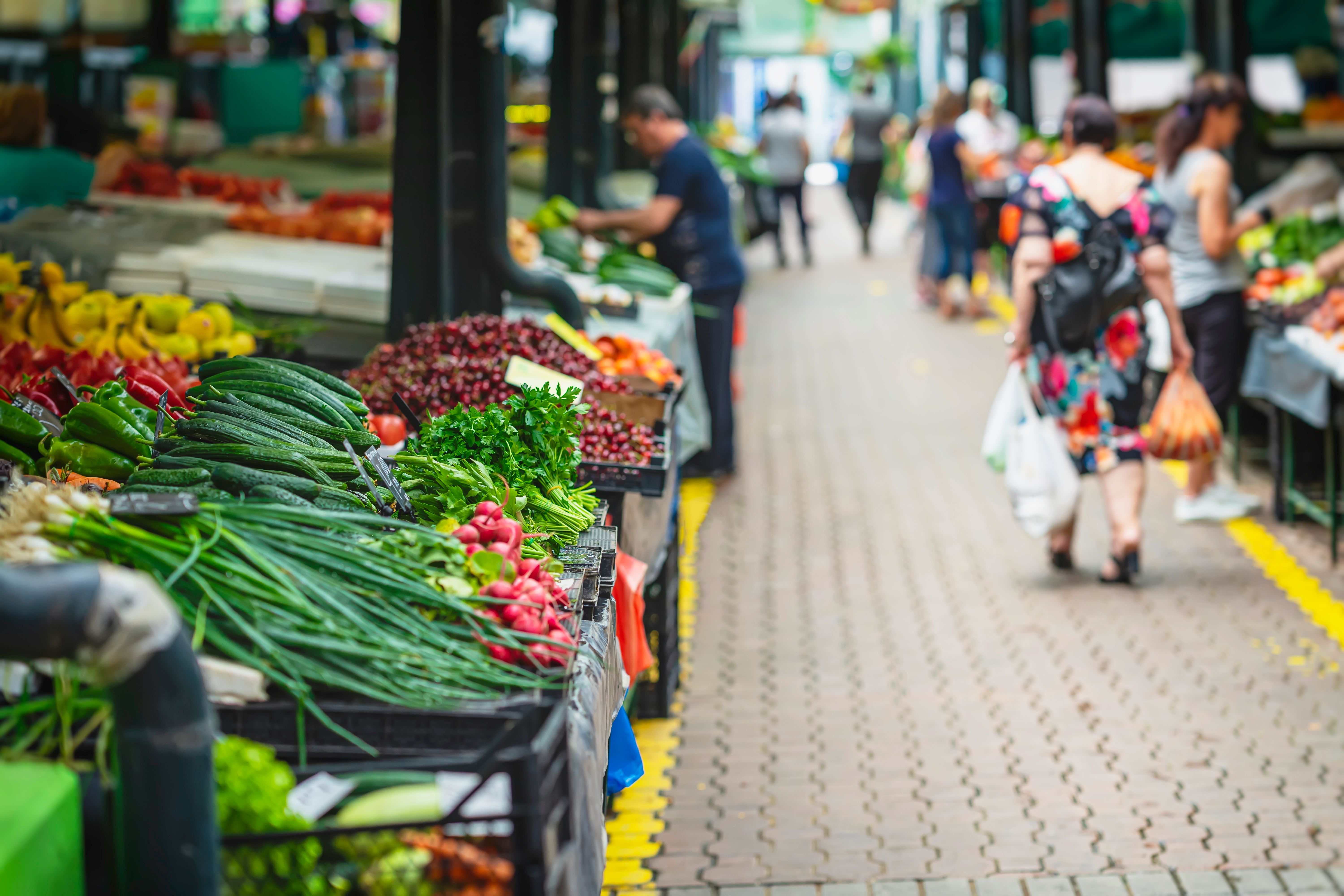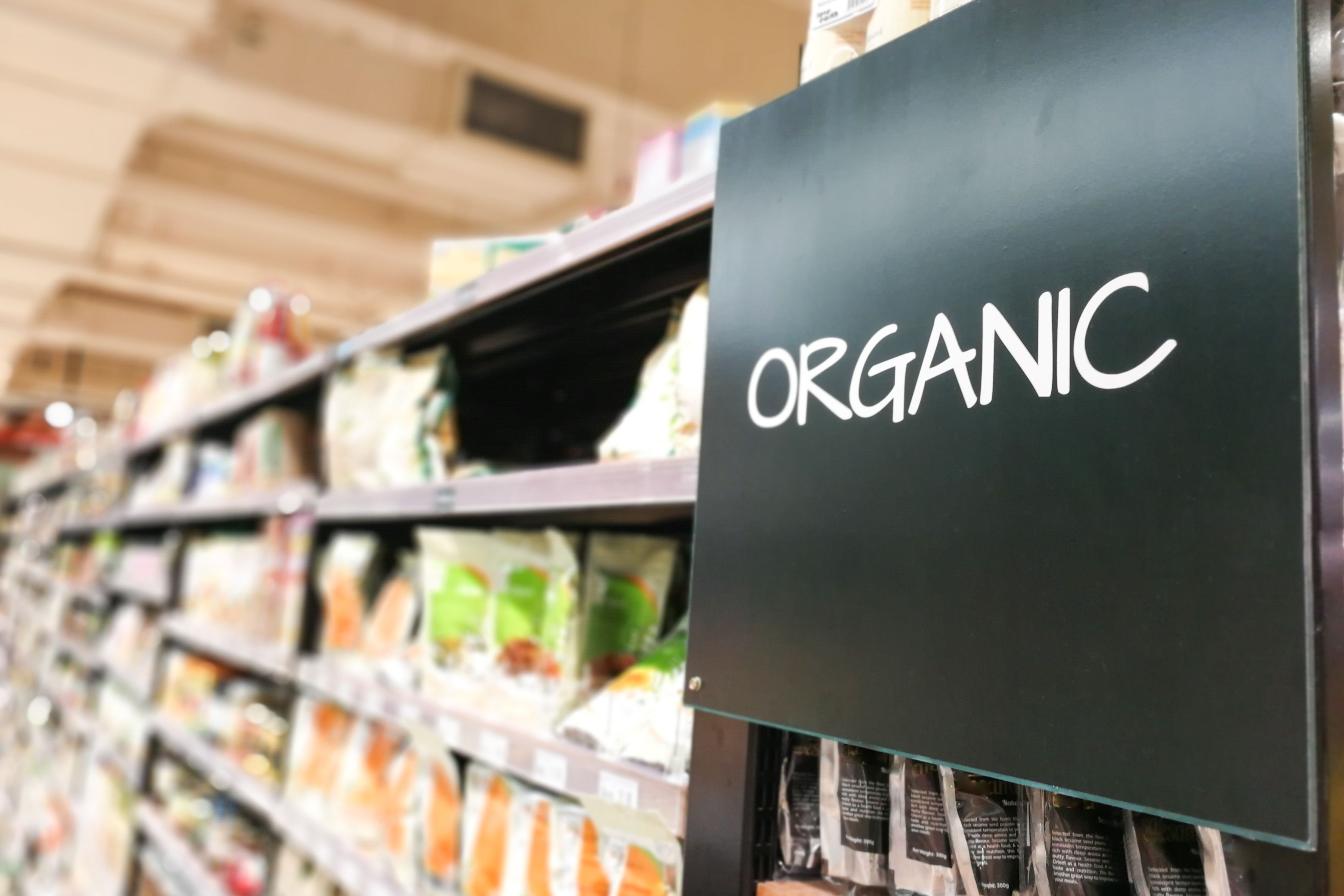The Rise of Organic Products in the US: Market Trends and Opportunities
Understanding the Organic Boom
The organic products market in the United States has experienced a remarkable surge over the past decade. Consumers are increasingly drawn to items that promise environmental sustainability, fewer chemicals, and better health benefits. This rise isn't just a transient trend but a significant shift in consumer behavior and market dynamics.

Factors Driving Growth
Health Consciousness
One of the primary drivers behind the rise of organic products is the growing health awareness among consumers. With increasing information about the negative effects of pesticides and synthetic additives, more individuals are opting for organic foods and products that align with their health goals. This shift is evident in the rising sales of organic fruits, vegetables, and grains.
Environmental Concerns
Consumers are also becoming more environmentally conscious. Organic farming practices are designed to reduce pollution, conserve water, and enhance soil fertility, making them attractive to those who are concerned about climate change and sustainability. As more people advocate for eco-friendly practices, the demand for organic products continues to rise.

Market Trends in Organic Products
Diversification of Products
The market for organic products has diversified significantly. Beyond fruits and vegetables, there is a growing range of organic options available, including dairy, meat, snacks, and personal care items. This diversification presents opportunities for brands to innovate and capture a broader audience.
Increased Accessibility
As demand grows, organic products are becoming more accessible to consumers. Supermarkets and grocery stores have expanded their organic sections, and many online retailers now offer a wide array of organic selections. This increased accessibility is crucial for maintaining the momentum in organic sales.

Opportunities for Businesses
Investing in Organic Agriculture
For businesses, investing in organic agriculture can yield significant returns. By supporting sustainable farming practices, companies can not only meet consumer demands but also contribute positively to the environment. This investment can include partnerships with local farmers or developing proprietary organic production methods.
Brand Differentiation
As the market becomes more competitive, businesses must focus on brand differentiation. Highlighting transparency in sourcing, certifications, and sustainable practices can set brands apart. Engaging with consumers through storytelling about the origin of products can also build trust and loyalty.
- Emphasizing quality and authenticity
- Focusing on innovative packaging solutions
- Leveraging digital marketing to reach eco-conscious consumers
The Future of Organic Products
The future for organic products in the US looks promising. As technology advances, there will be more efficient ways to produce and distribute organic goods. Moreover, as consumer awareness continues to grow, so will their expectations for quality and sustainability.
Businesses that adapt to these changes and prioritize organic practices will likely see sustained success in this expanding market. The journey towards a healthier planet and populace is ongoing, and the rise of organic products is a critical component of this evolution.